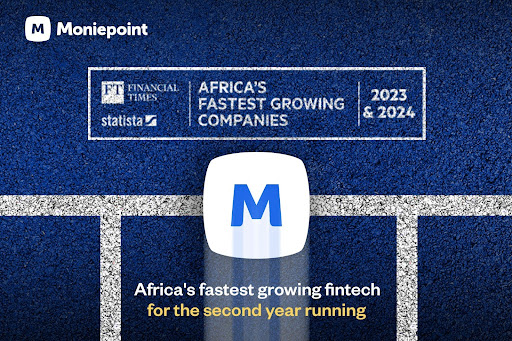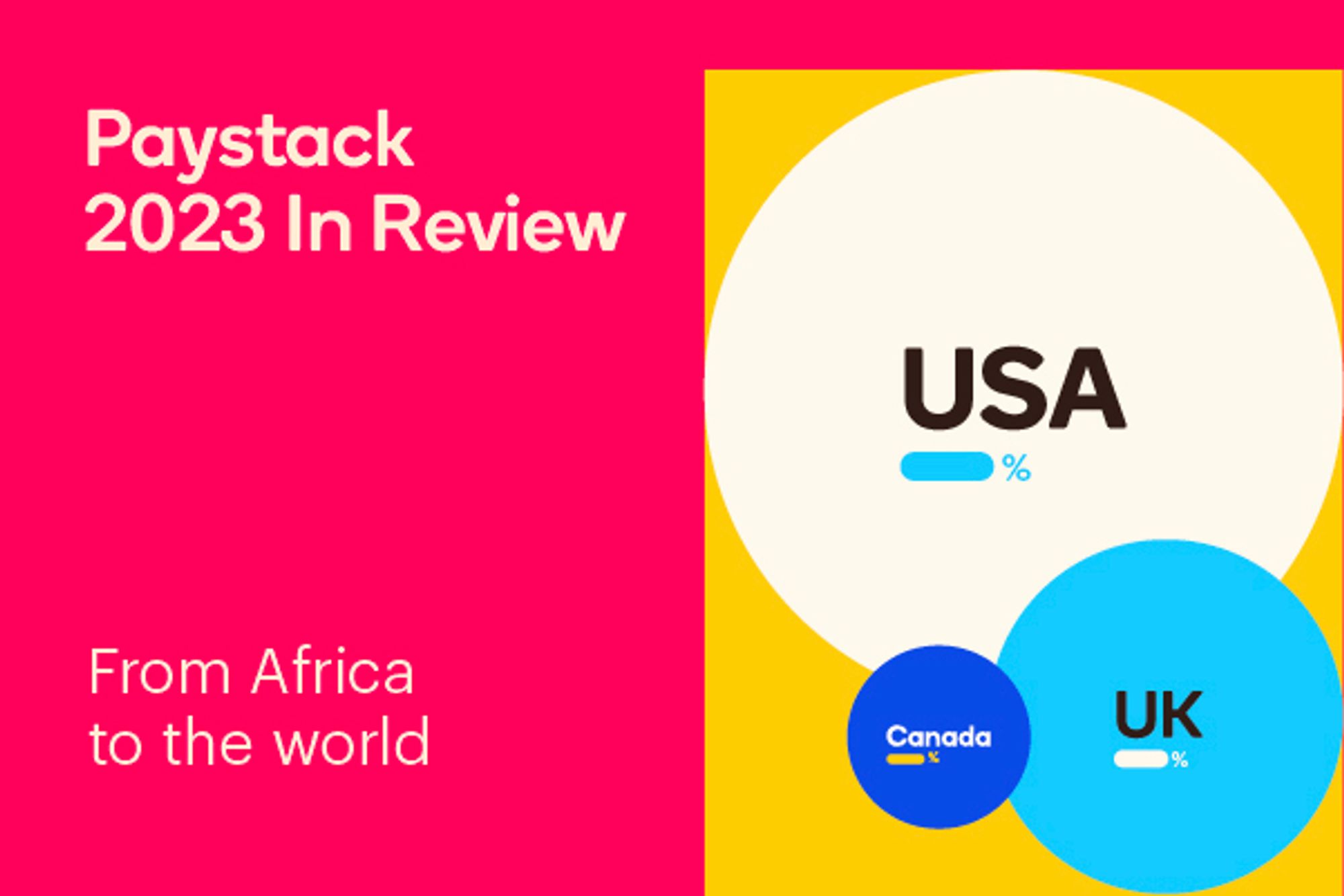

Good morning 
In another startling change, your Likes are now private on X (Twitter).
While this means people can’t check your profile to see if you’ve been naughty or nice, it also means you can no longer check who has liked someone else’s post! The people at X say the move will help protect users’ privacy some more, but some critics say this move benefits the company more as it’ll now be impossible to tell if posts with massive likes are genuine or boosted by bots.
On a personal note, I think privatising likes might be a bit of a stumbling block to how people build communities on Twitter. Public likes help users discover like-minded people and encourage engagement. Without it, finding connections and sparking discussions might be tougher. True, public likes can be inauthentic, but private likes might lead to users hiding genuine interest, creating a less real experience.
Whatever the case, Chief Twit Elon Musk says likes are up by a whole lot since the change was made.
In today’s edition
Multichoice records $223 million in losses
Multichoice is in the news again, this time not for Canal+ acquisition.
While the French TV giant is wrapping up the acquisition of the South African broadcaster, Multichoice recorded staggering losses in its latest financials, an R4.1 billion ($223 million) loss that’s the company’s worst record loss since inception.
The South African pay-TV group also experienced drops in user count and revenue. Per its financial results, it had about 15.7 million subscribers, down from 17.3 million in 2023. Multichoice also recorded a drop in revenue from $3.22 million in 2023 to about 3.05 million.
The latest results reflects the reality of Multichoice users in key markets like Nigeria and Ghana who have dropped off the platform due to reduced spending power as a result of currency devaluation and inflation.
It’s not all gloom for Multichoice. Despite currency depreciation across its key markets, it recorded trading profits of R1.5 billion ($80 million). It also recorded its highest cost savings—R1.9 billion ($103 million)—since listing on the South Africa bourse.
Its newly launched fintech, Moment, also recorded a total payment volume of $85,000,000. The fintech was also instrumental in Showmax’s relaunch, enabling payment across 44 markets.
Moniepoint is Africa’s fastest-growing fintech

The Financial Times has ranked Moniepoint as Africa’s fastest-growing fintech based on its absolute and compound growth rate. Read more about it here.
TLG Capital, Wema Bank invest $10 million to boost aluminium recycling in Nigeria
Aluminium Codemn! An industry filled with young scavengers who search dumps and streets for scraps to gain quick profit.
Waste scavenging—or gathering—as a profession is said to be one of the oldest in the world employs over 15 million people worldwide and 1% of the urban population. In Nigeria, after scavenging, this waste is recycled or exported to other countries like Brazil and South Korea for recycling. Nigerian scavengers also export about 5 billion worth of scraps annually per a TVC news report.
Recycling aluminium cuts greenhouse gas emissions by 97% compared to creating it from scratch. Unlike many materials, aluminium can be recycled infinitely without losing quality. Each recycling cycle adds to the environmental savings. Did you also know that making aluminium cans from recycled metal is 20 times more energy-efficient than using primary materials?
Aluminium recycling in Nigeria is a common practice that has begged for investors’ attention. Little wonder, TLG Capital, an investment firm partnered with Wema Bank to fund a Nigerian aluminium recycler with $10 million, per Benjamindada.com. Details regarding the specific aluminium recycler receiving the $10 million structured private credit facility remain undisclosed.
The investment promises a major transformation for Nigeria’s aluminium recycling sector as the project seeks to establish the nation’s biggest and first industrial-scale facility.
This project is estimated to slash carbon emissions equivalent to taking 100,000 cars off the road over five years. The plant will also create 200 new jobs in Nigeria.
Issue Euro (EUR) accounts for easy EUR payments

Create and manage EUR bank accounts from anywhere. Fincra allows you to issue EUR accounts to your users, partners and customers to collect payments without the stress of setting up and operating a local bank account. Get started today.
Directline Assurance closure linked to controversial $3 million transfer
In November 2005, Directline Assurance, a Kenyan insurance company launched to provide insurance coverage for Public Service Vehicles (PSV).
The insurance company went on to become the largest, capturing 60.79% market share, according to data from Kenya’s Insurance Regulatory Authority. Business went as usual with the company until a misappropriation of $3 million forced its closure.
A $3 million misappropriation? One afternoon in May, media mogul Samuel Kamau (SK) wrote to Diamond Trust Bank (DTB) to wire to Toy and Suna Holdings to “to finance the development of stalls and low-cost housing at the Toy Market”. This transaction contravened the regulations of the IRA as Section 191(2) of the IRA Act prohibits insurers from engaging in any business other than the business for which they are registered.
In fact, the regulator tagged the transaction as “a scheme to defraud policyholders and beneficiaries of the company.” These contraventions led to the hurried closure of the insurance company, the dissolution of its board and the termination of staff contracts.
Adonijah put it this way:
One person with direct knowledge of the matter claimed Macharia, fondly referred to as SK, hurriedly closed the insurer after the regulator flagged the transaction and moved to court.
However, the IRA stepped in, revoking the closure and declaring the transfer null and void. This move protected policyholders from losing $15.4 million in unpaid claims and ensured the company’s continued operation.
This incident is the latest in a series of disputes between Macharia and the regulator, with ongoing legal battles over shareholding limits and control of the company. The drama also highlights the importance of regulatory oversight in the insurance industry. Per the IRA, Directline Assurance has now been put under increased surveillance.
Paystack by the numbers

In 2023, buyers from how many countries outside Africa paid a Paystack merchant for goods and services? Find the answer here  paystack.com/2023
paystack.com/2023
New court order says laid-off Wasoko staff are undeserving
The potential union between Kenyan e-commerce company Wasoko and their Egyptian counterpart, MaxAB came with plans to streamline operations, resulting in a workforce reduction of around 10% (approximately 400 employees) across both companies. Wasoko’s CEO assured those impacted would receive severance packages following local regulations.
Following the merger announcement in December 2023, Wasoko let go of over 100 employees in Kenya and India on January 15. These layoffs primarily affected engineering, product, and business intelligence departments.
Nine of the laid-off employees sought legal intervention, asking the court to ensure their complaints were addressed before their jobs were given to others. They claimed they discussed their severance packages with Wasoko multiple times but were told to train or hand over their roles to MaxAB agents before their issues were resolved.The employees also alleged that the redundancy notices were not sent to the labour office as required by law. In February 2024, Kenya’s Employment and Labour Relations Court stopped Wasoko from laying off these nine employees, which forced Wasoko to keep the nine ex-employees on the payroll.
Now, another court has reversed this order, holding that the employees lacked the qualities that would justify still working with Wasoko. Even after they were reinstated, most of the employees refused to return to work.
The ex-employees were dissatisfied with the court’s decision. “One person with direct knowledge of the matter claimed Wasoko allowed them to work from home occasionally. The same person added that they had limited access to work tools, and claimed a hostile work environment after they sued made working from the office untenable,” Kenn Abuya reported for TechCabal.
The legal battle continues as the court’s decision paves the way for pre-trial arguments in the wrongful termination lawsuit filed by the nine former Wasoko employees.
- Big Cabal Media – Event Production Assistant, Client Account Manager – Nigeria
- Leadway Assurance – Relationship Officer – Lagos, Nigeria
- Kuda Bank– Content Writer – Lagos, Nigeria
- Quidax – Market Operations Intern, Revenue Assurance Analyst – Lagos, Nigeria
- Carry1st – Growth Manager – Lagos, Nigeria
- Bumpa – Senior Mobile Engineer, Senior Backend Engineer – Nigeria (Remote)
- Comiblock – SEO Specialist, Data Engineer, Machine Learning Engineer – Lagos, Nigeria
Here’s what we’ve got our eyes on
Written by: Faith Omoniyi & Towobola Bamgbose
Edited by: Timi Odueso & Muyiwa Olowogboyega
Want more of TechCabal? Sign up for our insightful newsletters on the business and economy of tech in Africa.
- The Next Wave: futuristic analysis of the business of tech in Africa.
- Entering Tech: tech career insights and opportunities in your inbox every Wednesday at 3 PM WAT.
- TC Scoops: breaking news from TechCabal
P:S If you’re often missing TC Daily in your inbox, check your Promotions folder and move any edition of TC Daily from “Promotions” to your “Main” or “Primary” folder and TC Daily will always come to you.
from TechCabal https://ift.tt/eJMLw4h
via IFTTT






Write your views on this post and share it. ConversionConversion EmoticonEmoticon